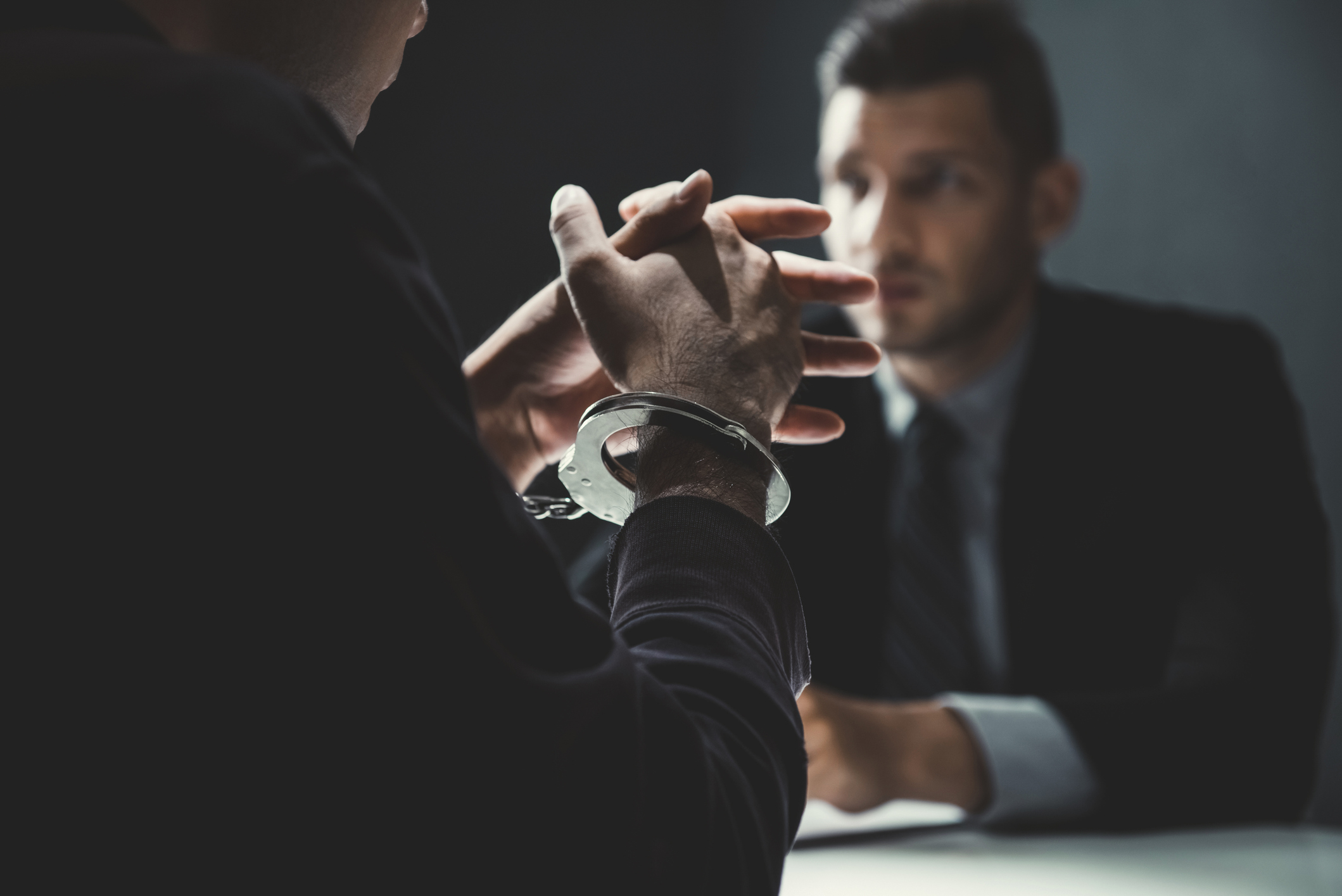3 Steps to Take if You Think You Violated Your Probation
Whether you are facing drug charges or any other type of charges, a strong criminal defense is important. A good defense strategy can increase the likelihood of a more positive outcome, which might include probation rather than a jail or prison sentence.
But criminal defense work isn’t always done after that point. If you are on probation, you have to carefully follow the requirements of that agreement—and you can face some pretty serious consequences if you don’t.
What Is Probation?
Probation is a form of sentencing that allows someone to serve their time within their community rather than in prison or jail. Probation involves specific restrictions on an individual but typically makes it possible for someone who is convicted of a crime to continue to work, go to school, or uphold basic family obligations.
This form of sentencing is typically reserved for less serious criminal convictions and cases where the court believes the person does not present a high risk of danger to the community.
It’s helpful to understand probation versus parole, as the restrictions and arrangements involved can be similar. However, probation is an arrangement that takes the place of jail or prison time. Parole is an arrangement that occurs if someone is released from prison early to serve remaining time within the community.
Common Requirements of Probation in Alabama
Each person’s probation requirements may be different, and how strict your probation is depends on factors such as the seriousness of the conviction, whether the court perceives you to be a risk for the community or additional criminal activity, and your criminal history. Some common requirements of probation in Alabama include:
- Remaining within a specific region or county
- Regular reporting to a probation officer
- Periodic, mandatory drug or alcohol testing
- Maintaining specific employment status or actively seeking employment
- Maintaining specific student status
- Avoiding contact with certain individuals
- Not committing any new crimes
- Not owning or being in possession of certain weapons, including firearms
What Happens if You Violate Probation?
The consequences of violating your probation can vary depending on the seriousness of the violation, how you act regarding the violation,The consequences of violating your probation can vary depending on the seriousness of the violation, how you act regarding the violation, and the individual decision of the judge or court. For example, a minor violation that you immediately report and show remorse for or an accidental violation could result in a warning while repeated violations or a serious violation might result in more severe consequences.
Some potential consequences of probation violations can include:
- A warning. A very minor issue reported to your probation officer might result in a warning, and even one that reaches a probation hearing could result in a warning from the judge.
- Stricter probation requirements. The court could enhance your probation with stricter requirements, such as location restrictions or having to report to your probation officer more often.
- Additional fines or service requirements. You may need to pay fines or participate in additional community service.
- Mandated program attendance. Depending on the type of violation, the court may add a requirement for attending a substance abuse treatment program or another type of program.
- Dunk. In some circumstances, you may be sentenced to a “dunk.” This sanction is typically a 30 to 45 day sentence in the county jail.
- Time in jail or prison. In the most serious cases, your probation may be revoked and you may end up serving time in jail or prison instead.
Steps to Take if You Think You Violated Probation
Probation violations can happen by accident or because you didn’t fully understand the limitations of the situation. Carelessness can also be a cause of probation, and some people choose willingly to violate probation for all types of reasons.
If you believe you have violated your probation for any reason or aren’t sure if you have violated it, being proactive about the situation can help reduce the risks of the most serious consequences.
1. Discuss the Situation With Your Attorney
Talk to your criminal defense attorney as soon as possible after a potential probation violation. They can help you understand whether you actually did violate probation. If you did, your attorney can also help you plan a proactive approach that might reduce the consequences of those actions.
2. Reach Out to Your Probation Officer
Unless otherwise directed by your attorney, contact your probation officer and report the issue to them. In most cases, being upfront about the issue helps you to appear cooperative and responsible about your probation, and this can go a long way in reducing the consequences of the violation. This is especially true if you violated probation by accident or because you didn’t feel you had any other course of action open to you in a certain situation.
3. Proactively Prepare for a Probation Hearing
You may need to prepare yourself for a probation hearing. Working with a criminal defense attorney on this step can be a good idea. Your attorney can help you gather evidence and documentation about the violation and create a strategy for arguing your innocence of the violation or putting the violation in the best possible light. For example, if you were forced into the violation or truly thought you were acting within the probation requirements, your attorney can help you create a compelling narrative of these facts for the court.
If you are facing criminal charges or dealing with probation violation issues, contact Jim Golden Law by calling 866-950-6652.








